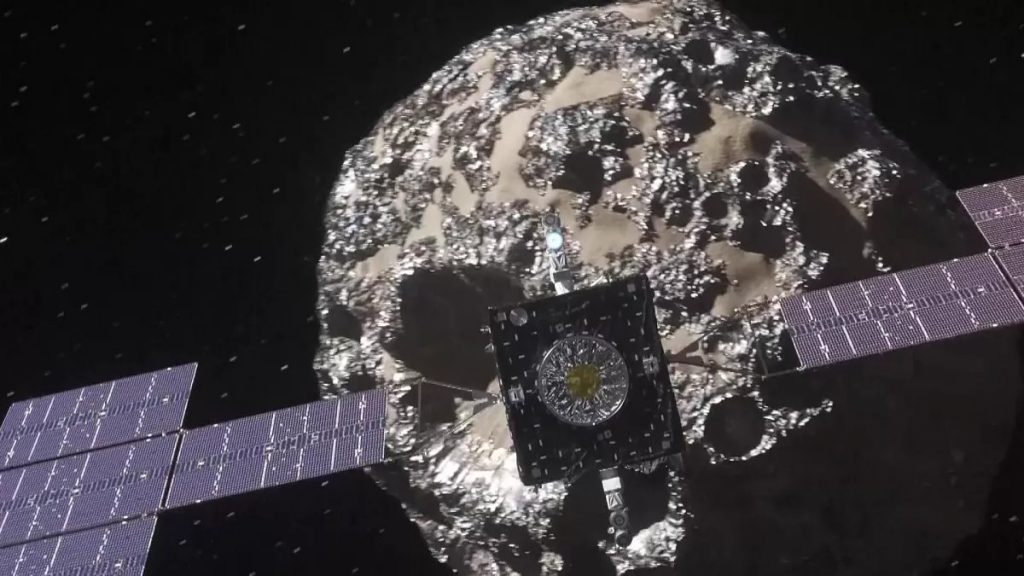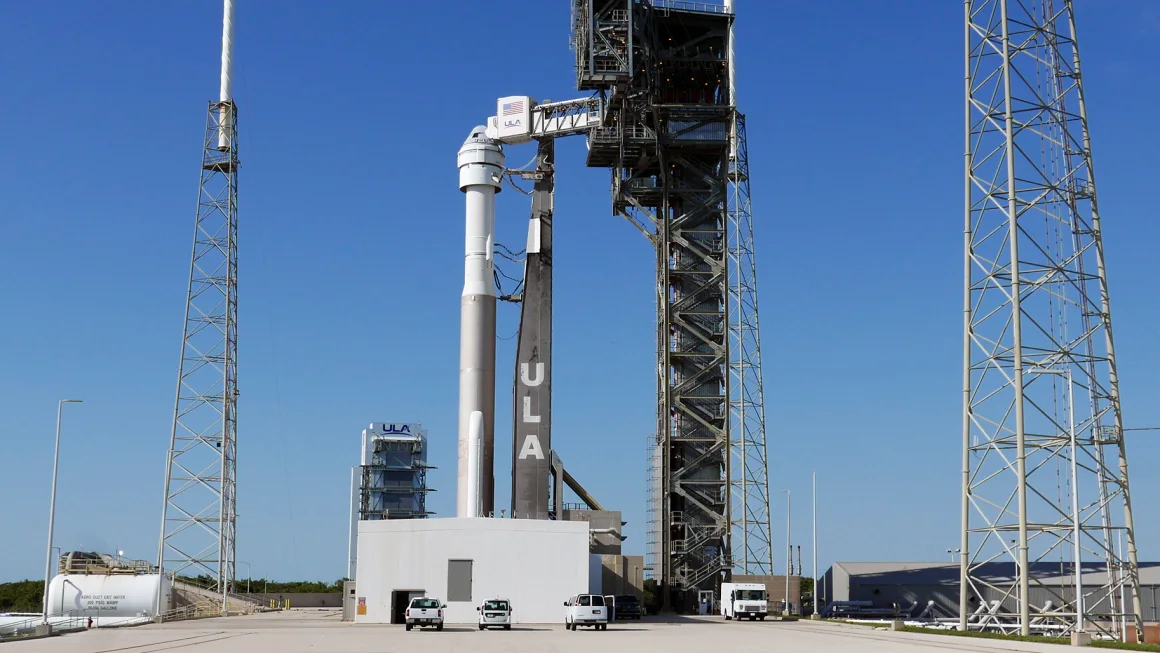In the face of an asteroid threat, Earth’s nations may find common ground, according to experts. Addressing a large, dangerous asteroid on a collision course with our planet necessitates international cooperation, and it’s crucial to start planning for such a scenario now.
Leviticus “L.A.” Lewis, a detailee from the U.S. Federal Emergency Management Agency (FEMA) to NASA’s Planetary Defense Coordination Office (PDCO), emphasized this during a press briefing on June 20. He suggested that an asteroid impact would require a global response on an unprecedented scale, necessitating discussions about coordinating evacuations and determining who would lead such efforts.
The challenge lies in organizing evacuations across multiple nations and managing responses over a vast area. Lewis raised questions about the organization and leadership of such an endeavor, suggesting that it could involve the United Nations or a combination of international organizations.
Lewis’ comments were made in the context of the fifth Planetary Defense Interagency Tabletop Exercise. This asteroid-threat simulation, held on April 2 and 3 at the Johns Hopkins Applied Physics Laboratory (APL) in Maryland, aimed to assess our ability to respond to a potentially hazardous asteroid or comet.
The exercise involved nearly 100 participants from various U.S. federal agencies and international institutions. They considered a hypothetical scenario: a recently discovered asteroid with a 72% chance of hitting Earth on July 12, 2038. The potential impact zone spans major cities like Dallas, Memphis, Madrid, and Algiers.
However, many details about the asteroid remain uncertain, including its size and composition. Further observations are impossible for the next seven months as the asteroid has disappeared behind the sun from Earth’s perspective.
Participants discussed potential next steps, including doing nothing until more data is available, studying the asteroid, or developing a fact-finding mission. Most senior leaders favored the latter options but acknowledged that political realities might limit immediate action.
The exercise did not result in any definitive rules for addressing asteroid threats. Instead, its primary purpose was to familiarize participants with potential responses and foster international cooperation.











Модные советы по подбору стильных луков на любой день.
Мнения профессионалов, новости, все показы и шоу.
https://penposh.com/blogs/178061/%D0%A7%D1%82%D0%BE-%D1%82%D0%B0%D0%BA%D0%BE%D0%B5-%D0%B0%D0%B7%D0%B0%D1%80%D1%82%D0%BD%D1%8B%D0%B5-%D0%B8%D0%B3%D1%80%D1%8B